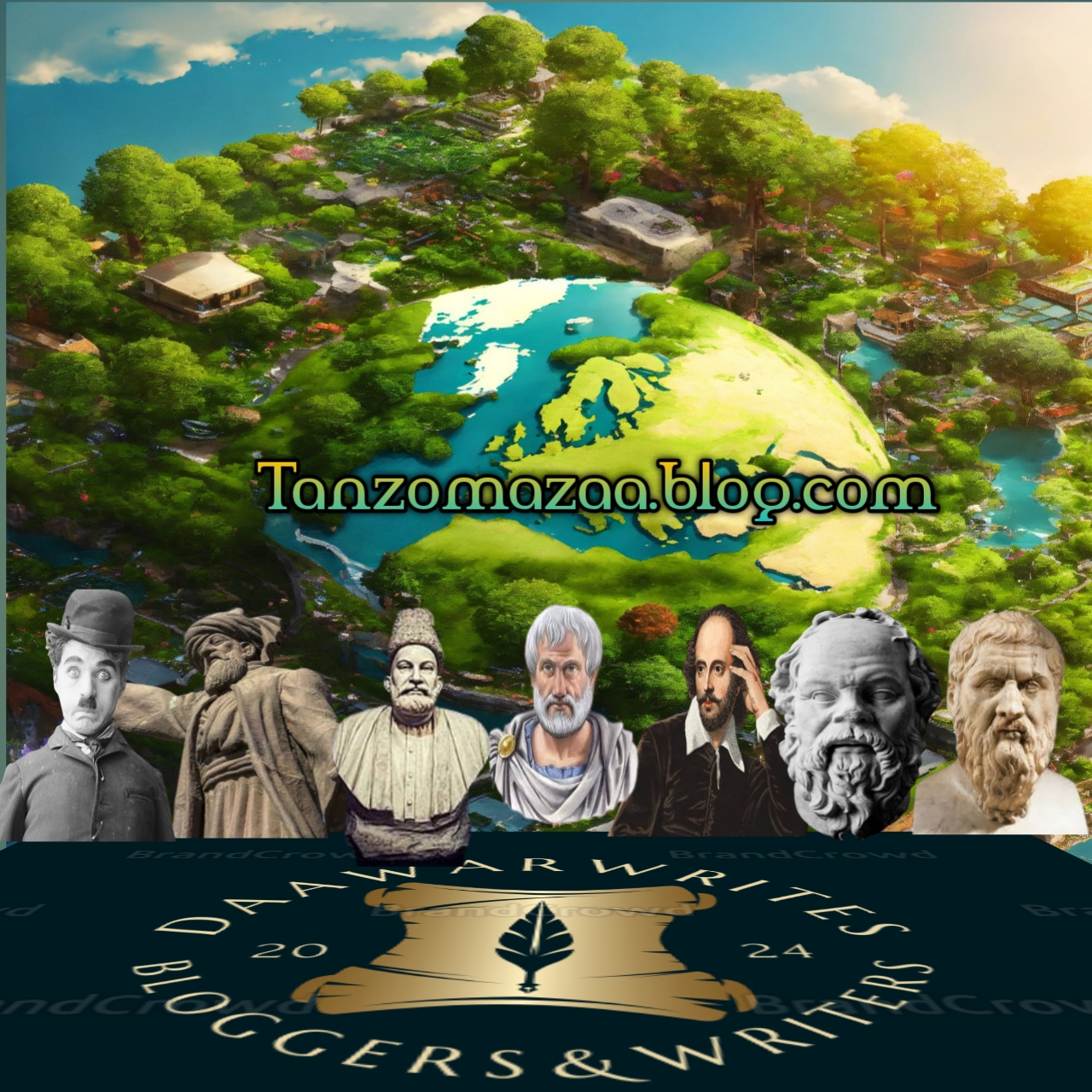Tales of Defiance Against Oppression
European colonial powers aggressively expanded into Africa between the late 19th and early 20th centuries, carving up the continent in search of resources, land, and new markets. However, this period was also defined by the resilient spirit of resistance among African societies against foreign domination. https://bcgame.top/i-2648532dk-n/
One such leader was King Wobogo of the Mossi people in what is now Burkina Faso. In 1895, he boldly rejected French General Restenave's demands, declaring that the Mossi systems of governance were sufficient. Wobogo understood that colonial rule would disrupt Mossi autonomy, culture, and economy. He was willing to go to great lengths to defend his people's sovereignty.
Across the continent, African leaders developed diverse tactics to resist colonial control. Military leaders such as Samori Toure of Guinea and Cetshwayo of the Zulu engaged in armed battles. Others employed religious movements, migration, or non-cooperation. Even as colonial powers underestimated African complexity, resistance highlighted the strength of indigenous resilience.
The experiences of resistance continued to impact the post-colonial era. Independence movements drew inspiration from figures like Wobogo and his message of indigenous validity. Newly independent nations also drew on lessons from resistance while developing governance. https://amzn.to/3zREKqI
Today, stories of courageous leaders remain essential to understanding Africa's colonial history and ongoing development. Through their defiance, societies preserved cultural practices and laid the foundation for self-determination. Most importantly, tales of resistance demonstrate the depth of African agency and resilience in the face of overwhelming oppression. ✨






0 Comments